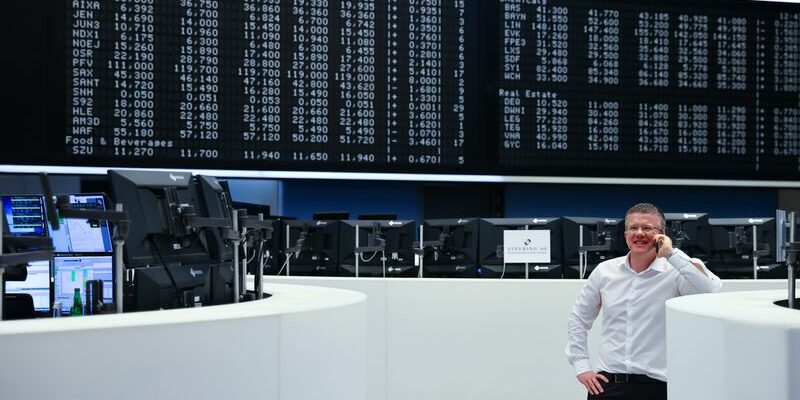BERLIN (Reuters) – Investor sentiment in Germany has returned to positive territory for the first time since February as fears of a severe recession ease, a survey by the ZEW economics institute showed on Tuesday.
The index measuring investor sentiment rose to 16.9 in January after -23.3 in December, while economists and analysts polled by Reuters had expected an average of -15.0.
“For the first time since February 2022, the month in which the war in Ukraine began, the indicator points to a noticeable improvement in the economic situation over the next six months,” ZEW Chairman Achim Wambach said.
According to it, the favorable evolution of prices on the energy markets and the reimbursement by the State of household energy bills in December notably contributed to the net rebound of the index.
“The easing of the inflationary shock and the good filling of gas stocks are evaporating fears of a recession”, commented Alexander Krüger at Hauck Aufhaeuser Lampe, stressing however that the German economy was not yet out. of business due to bottlenecks, loss of real income and the health crisis in China.
The sub-index of investors’ judgment of the current situation recovered slightly to -58.6 from -61.4 in December and -58.0 for the Reuters consensus.
Gross domestic product is expected to contract by 0.3% this year in the euro zone’s largest economy, estimates the German employers’ federation BDI, warning that the energy crisis will continue to affect the industrial sector.
The BDI expects exports of goods and services to grow by 1.0% in real terms in 2023, below its global estimate of 1.5%, said BDI Chairman Siegfried Russwurm.
Slight recessionary tendencies should dominate at the beginning of the year but the situation should start to improve in the spring, he added.
(Miranda Murray and Rachel More, with Maria Martinez, French version Laetitia Volga, editing by Blandine Hénault and Kate Entringer)
Copyright © 2023 Thomson Reuters
